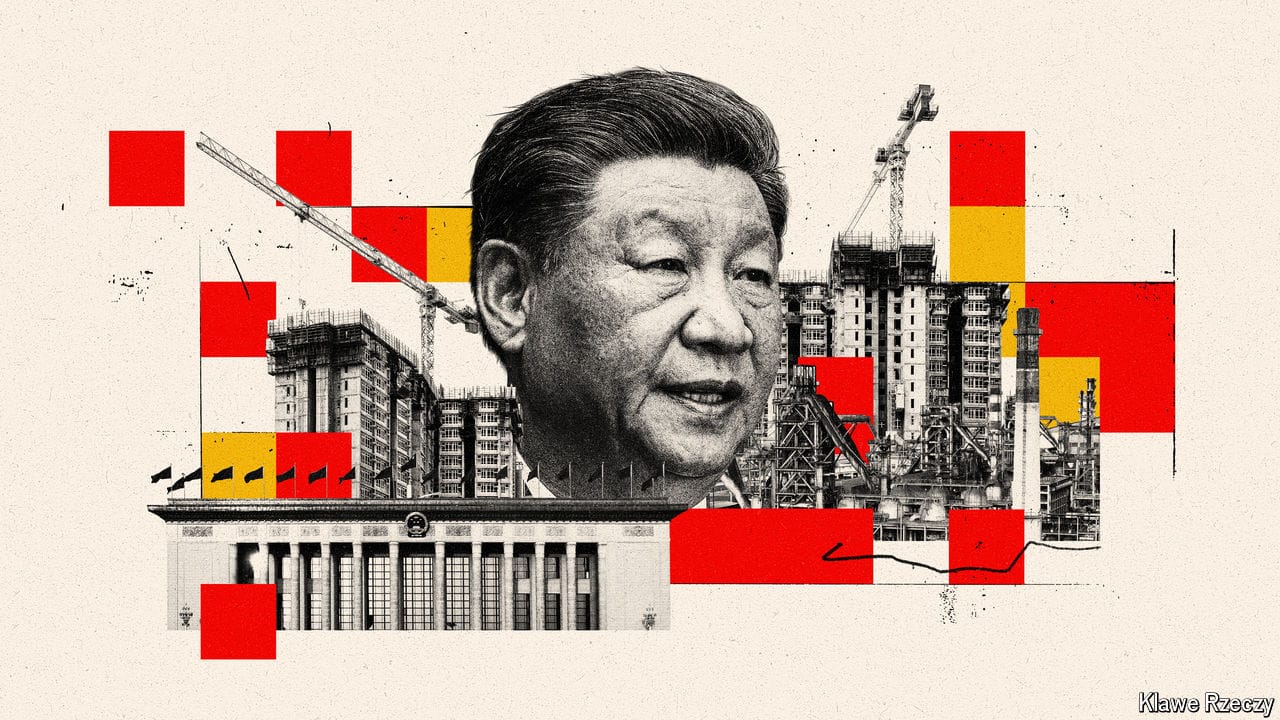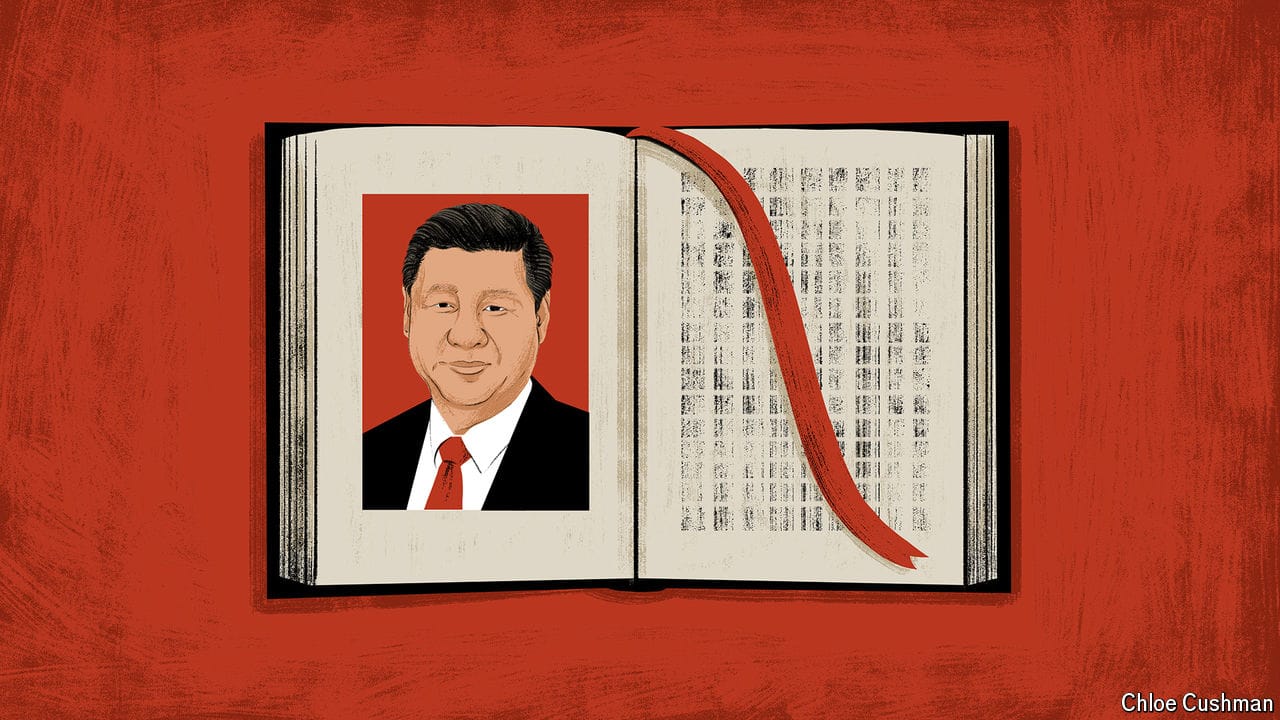This week China could rethink its economic policy
The minutes of a party meeting show voices in favour of bolder reform

In politics, fringe ideas can become mainstream and vice versa. The “window of political possibility” can expand or move, as Joe Overton, an American political analyst, once put it. The same is true even in communist China. In 1978, for example, the country’s Overton window made a momentous shift. Two years after the death of Chairman Mao Zedong, it became possible for the party to acknowledge that the great helmsman was not infallible. This pragmatism paved the way for faster economic reform and for Deng Xiaoping to become China’s paramount leader. The change was sealed at a landmark meeting of the party’s central committee: the “third plenum” of December 1978.
Explore more
This article appeared in the China section of the print edition under the headline “Blowing against ill economic winds”
More from China

China is itching to mine the ocean floor
It wants to dominate critical-mineral supply chains

China unveils its new economic vision
It promises many reforms, but remains ambivalent about the role of the market

The nationalism of ideas
Xi Jinping wants Chinese systems of knowledge, free of Western values
The noose around the press in Hong Kong tightens
Even advocating press freedom begins to seem a bad career move
China’s ruling party sets out its vision of economic reform
The party sees no need for a decisive break with the past
Fury erupts in China over a food-safety scandal
Rare investigative journalism touches a raw public nerve
